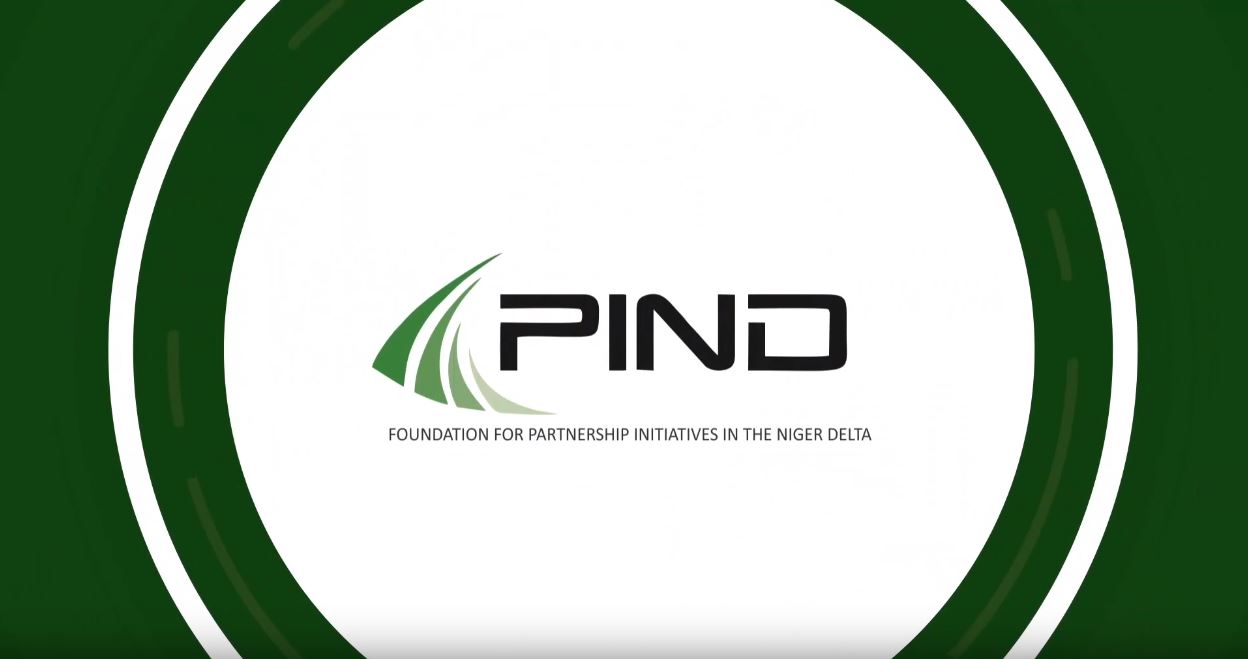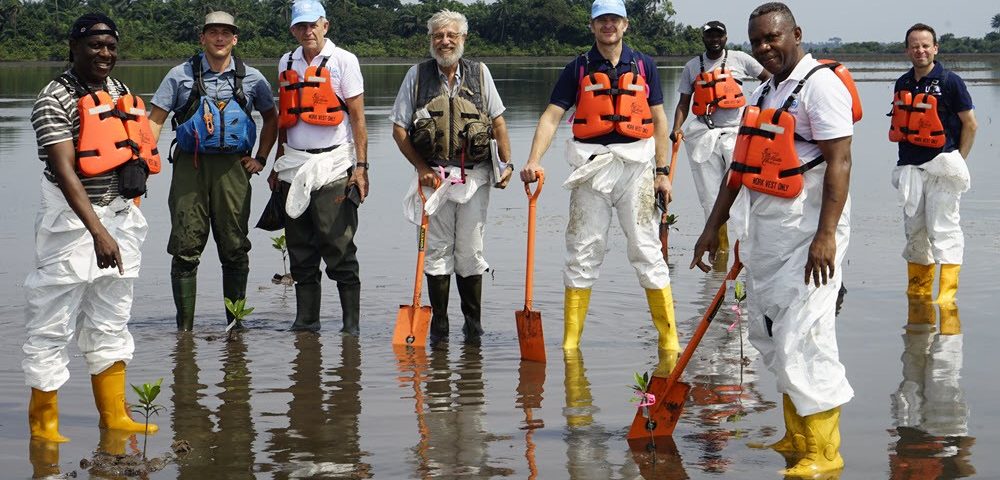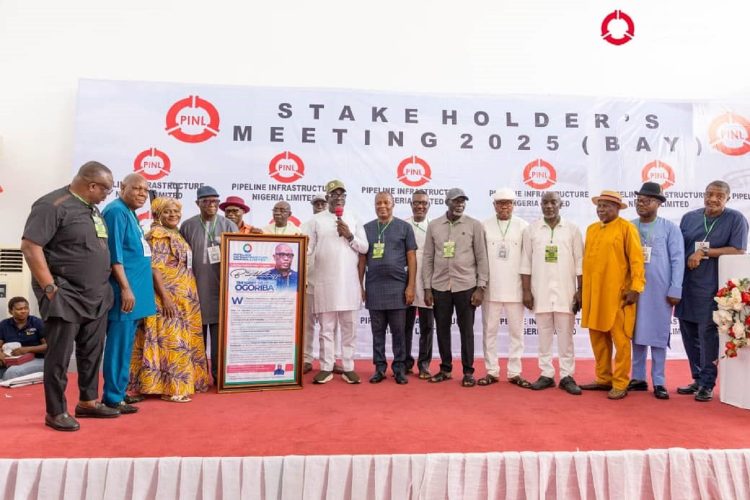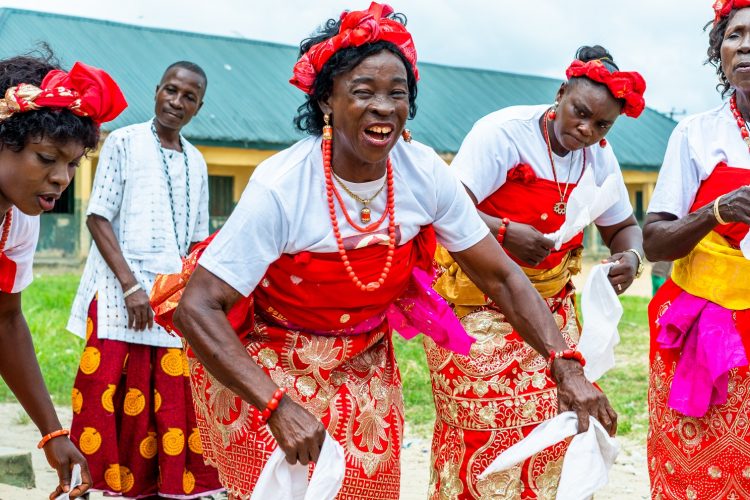Niger Delta Quarterly Conflict Tracker – 2021 Q3
November 18, 2021
[Vacancy] Researcher/Creative Writer Consultants at PIND
November 26, 2021
By Bariton Lezabbey
The United Nations Environment Programme (UNEP) is an active advisor to the Ministry of Environment’s Hydrocarbon Pollution Remediation Project (HYPREP).
Many of the lessons learned during the Bodo Project have a direct bearing on future HYPREP actions when undertaken in the Niger Delta, BMI representative were honored to lead national and international representatives from UNEP in a field survey of the Bodo Project work area on the 16th of November 2021.
As part of the visit, the team assessed mangrove seedlings planted in 2017, some of which are now over 4 metres tall. The visitors also took time to witness active cleanup activity which included sediment flushing by the contractor. Flushing operations, in addition to floating oil previously embedded in mangrove mud, enables aeration to increase biodegradation of subsurface oil. Thereafter, a brief stop was made at a heavily contaminated illegal refinery sites that is earmarked for soil remediation and treatment.
To mark the end of the trip, the delegates proceeded to a mangrove nursery within the Project area to select seedlings for planting. The seedlings were tagged to enable identification and tracking for measurements as the seedling grow. Professor Olof Linden, a renowned oil spill scientist with extensive previous work in Ogoniland, noted that the Bodo cleanup exercise is one that has recorded great milestones and as a (UNEP) team, “we are eager to see and learn from the success story of this cleanup project”. Generally, the visit was very positive in illustrating the progress made to date and the fact that nearly 300,000 seedlings have been successfully planted.
Overall, the team was impressed by the visible signs of rejuvenation of the Bodo mangrove ecosystem.









